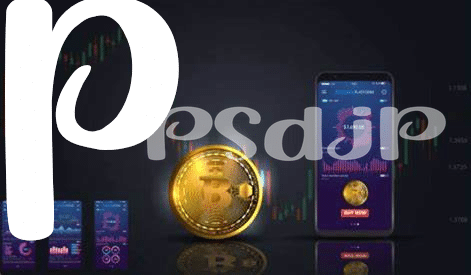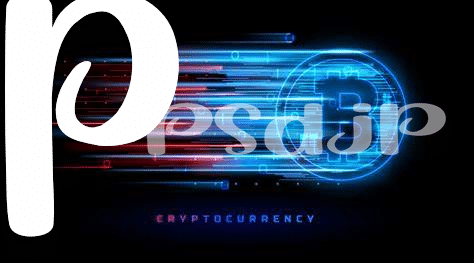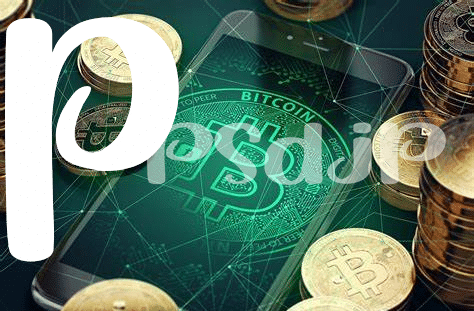🌍 a Quick Journey through the Global Economy

Let’s take a whirlwind tour of the global economy, a vast and intricate system where money moves between people, businesses, and countries, shaping our daily lives. Imagine this giant web of transactions as the bloodstream of the world, vital for its health and growth. Each day, billions of dollars exchange hands, from the cup of coffee you buy in the morning to the mega-deals between multinational corporations. This flow of money keeps industries alive, helps new ideas flourish, and even decides the economic fate of nations.
Now, weaving through this complex network are trends and patterns that highlight our economic journey over the years. Amidst this, significant events like the 2008 financial crisis or the more recent pandemic shakeup demonstrate how interconnected and vulnerable our global economy is. It’s a system fueled by decisions made by governments, reactions of markets to world events, and the relentless pursuit of growth and stability. By understanding this flow, we unlock insights into what drives our world forward and sometimes, what pulls it back.
| Year | Global Economic Event | Impact |
|---|---|---|
| 2008 | Financial Crisis | A dramatic downturn that affected economies worldwide, leading to increased unemployment and austerity measures. |
| 2020 | Pandemic Economic Shutdown | A global halt in economic activities, resulting in a significant recession, altering how businesses operate globally. |
💰 Understanding Bitcoin: What It Is, Really
Imagine a world where you can be your own bank! That’s a bit like what Bitcoin offers. It’s like digital gold, but it’s not just a pretty thing to look at. Created by a person (or group of people) known as Satoshi Nakamoto in 2009, Bitcoin is a form of money that’s entirely online. Unlike the dollars or euros in your wallet, you can’t touch Bitcoin. But it’s real and valuable. Think of it as sending a text message to your friend. Instead of words, you’re sending money, without needing to go through a bank. It works using a special kind of technology called blockchain. This tech keeps everything safe and sound, making sure the Bitcoins you send or receive are genuine. As more people and places start accepting Bitcoin, it’s becoming part of our everyday lives, something anyone can use to buy things, save, or even invest. If you’re itching to dive deeper into how Bitcoin is shaking up the world of money, let your curiosity lead you to https://wikicrypto.news/ethereums-journey-price-milestones-and-historical-analysis, a treasure trove of insights just waiting to be explored.
📈 Bitcoin’s Influence on Global Financial Markets

Imagine a giant wave in the ocean. That’s kind of what Bitcoin has been like in the world of money and finance. This digital coin, created by a person (or group) we only know as Satoshi Nakamoto, has made some serious waves. Just a few years back, most people hadn’t even heard of it, and now? It’s everywhere. Here’s the cool part: Bitcoin doesn’t need banks to move money from one place to another. It’s like sending an email; anywhere you are, if you have internet, you can send Bitcoin. This has caught the attention of big financial players. At first, they weren’t sure what to make of it. Some thought it was just a fad. But now, they’re paying close attention, seeing Bitcoin grow and even start to influence traditional money markets. There’s a buzz about whether this could lead to changes in how we think about and use money. It’s not just about buying and selling Bitcoin either. Its very existence challenges old-school financial systems and ideas about what money is and how it should work. The conversation is just getting started, and it’s clear Bitcoin has a role to play in the future of finance.
🏦 How Governments and Banks View Bitcoin

Imagine a world where a digital form of money, known simply as Bitcoin, begins to shake the very foundations of traditional banking and government control over finance. In this world, Bitcoin is like the new kid on the block that everyone is curious about but not everyone trusts. Governments and banks have had mixed feelings about it, really. On one hand, they see the potential for innovation and growth it brings to the financial landscape. It’s like watching a potentially game-changing player entering the field, pushing the limits of what’s considered possible in finance. On the other hand, there’s a bit of wariness. They worry about losing control and having a harder time keeping finances in check, which has led to calls for tighter regulations. Some countries have fully embraced it, hoping to lead in the new digital economy, while others have put up walls, fearing its impact on their currency and financial security. This balancing act between acceptance and caution is a dance that continues as Bitcoin grows. For anyone diving into the world of digital currencies, understanding these dynamics is crucial. It’s why resources like bitcoin exchange have become invaluable, offering a beacon of knowledge in a sea of uncertainty, helping both beginners and veterans navigate the volatile waves of Bitcoin’s journey through the global economy.
💡 Bitcoin’s Role in Developing and Developed Countries
In the tapestry of the global economy, Bitcoin shines like a beacon, offering different promises to different shores. For developing countries, it’s a lifeboat in stormy seas, providing an alternative financial system where traditional banking fails or is inaccessible. People in these nations use Bitcoin to send and receive money across borders without hefty fees, invest small amounts for future gains, and secure their savings against local currency devaluation. Meanwhile, in developed countries, Bitcoin is more of a luxury yacht, cruising on waves of innovation. It’s an investment vehicle, a topic of heated boardroom discussions, and a playground for tech enthusiasts and finance professionals. Its integration into the mainstream financial ecosystem challenges traditional banking models and forces a rethink of monetary policies. Amid these diverging roles, Bitcoin is stitching the world’s economic fabric tighter, making financial inclusion and innovation universal goals. As we navigate this digital revolution, the distinction between ‘developed’ and ‘developing’ might blur, uniting us under a global economy that’s more inclusive, innovative, and interconnected.
| Region | Role of Bitcoin | Impact |
|---|---|---|
| Developing Countries | Alternative Financial System | Increases financial inclusion, provides remittance solutions, protects against currency devaluation |
| Developed Countries | Investment & Innovation | Challenges traditional banking, fosters financial innovation, presents new investment opportunities |
🚀 Future Projections: Bitcoin in the Global Economy

As we gaze into the crystal ball of Bitcoin’s future in the global economy, it’s like looking at a map of a rapidly evolving new world. This digital currency, which once stirred skepticism, now promises a rollercoaster of opportunities and challenges. In the years to come, Bitcoin could reshape how we think about money, influencing everything from everyday transactions to international trade. Its decentralized nature offers a unique blend of freedom and security, potentially making financial systems more inclusive, especially in regions where traditional banking is a challenge. The journey ahead is paved with innovations, as Bitcoin continues to stir the pot of the global financial system, encouraging a shift towards more transparent and user-driven financial services.
However, navigating this future won’t be without its turbulences. Bitcoin’s journey could face regulatory hurdles, market volatility, and the evolving landscape of digital currencies, including rivals that offer different features or aim to solve Bitcoin’s limitations. Yet, the digital currency’s adaptability and the growing community around it suggest a resilient path forward. For anyone curious about Bitcoin’s value today and its potential impact on their portfolio or the broader economy, this could be a fascinating moment to jump in and learn more. For the most current insights, make sure to check bitcoin value now. As the world’s economy continues to intertwine with digital currencies, Bitcoin’s role, whether as a catalyst for change or a mainstay in financial portfolios, will undoubtedly be a topic of interest and debate.
